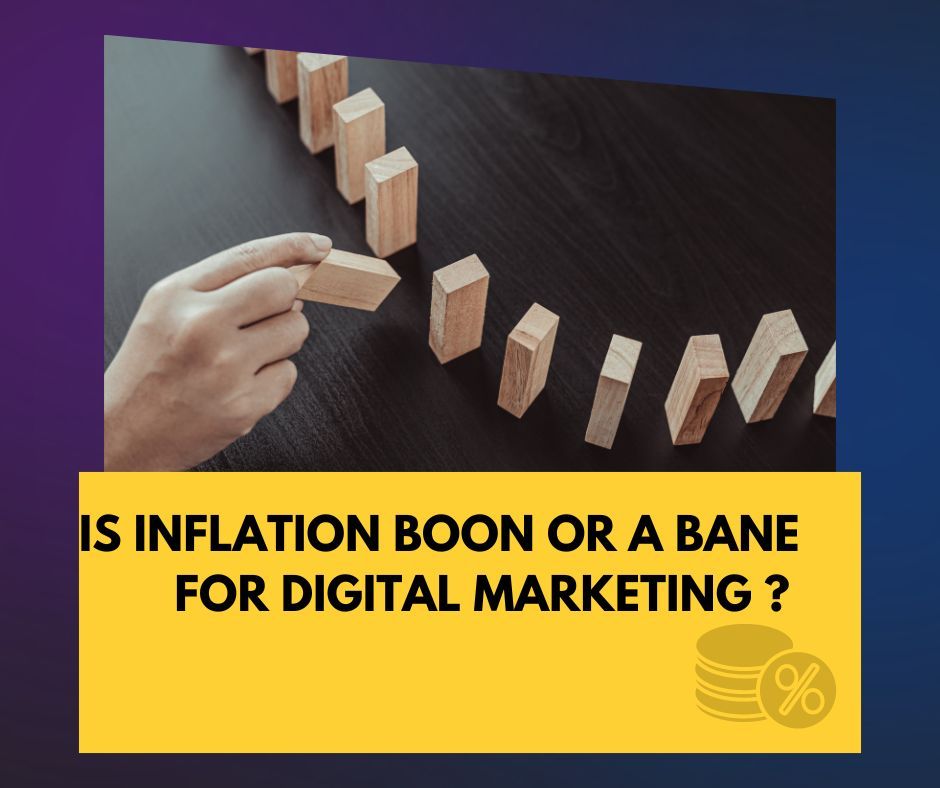Negative Inflation In Thailand: Boon Or Bane For The Economy?

Table of Contents
Understanding Negative Inflation in Thailand
Negative inflation, or deflation, occurs when the general price level of goods and services in an economy decreases over time. This is different from low inflation, where prices rise slowly. Currently, Thailand is experiencing a period of deflation, a situation that requires careful analysis. According to recent data from the Bank of Thailand (BOT), the country's inflation rate has dipped below zero. This is a significant departure from previous years and warrants close attention.
- Current inflation rate in Thailand: [Insert current inflation rate from a reputable source like the Bank of Thailand website, citing the source].
- Key contributing factors: Several factors contribute to this negative inflation in Thailand. These include decreased consumer demand following the pandemic, lower global oil prices impacting transportation costs, and a strong baht, making imports cheaper.
- Comparison with historical inflation rates: [Compare the current negative inflation rate with historical data, highlighting any significant deviations and providing context. Source the data from the Bank of Thailand or similar reputable source].
Potential Benefits of Deflation in Thailand
While generally viewed negatively, deflation can offer some advantages, particularly for consumers. Decreased prices translate directly into increased purchasing power.
- Increased affordability of goods and services: Lower prices make goods and services more accessible to consumers, boosting their living standards. This is especially beneficial for low-income households.
- Potential for higher savings rates: With prices falling, consumers may postpone purchases, anticipating even lower prices in the future, leading to increased savings. This increased savings could potentially fuel future investments.
- Attraction of foreign investment: Lower prices can make Thailand a more attractive destination for foreign investment, as businesses can benefit from lower production costs. However, this effect depends on several other economic factors.
Potential Risks and Drawbacks of Deflation in Thailand
The potential downsides of deflation in Thailand far outweigh the benefits. The biggest concern is the risk of a deflationary spiral, a dangerous self-perpetuating cycle.
- Decreased consumer spending: Consumers may delay purchases, expecting further price drops, leading to a decrease in overall consumer spending. This reduced demand can further depress prices, worsening the situation.
- Reduced business investment and expansion: Businesses face squeezed profit margins due to falling prices and may cut back on investments and expansion plans. This can lead to job losses and economic stagnation.
- Increased debt burden for borrowers: Deflation increases the real value of debt, making it harder for borrowers to repay loans. This can lead to increased bankruptcies and financial instability.
- Potential for economic recession: A prolonged period of deflation can significantly weaken the economy, potentially leading to a recession, characterized by widespread job losses and economic hardship.
Government Policies and Responses to Negative Inflation in Thailand
The Thai government is actively trying to address the negative inflation through various policy measures.
- Monetary policy adjustments by the Bank of Thailand: The BOT may adjust interest rates to stimulate borrowing and spending. [Detail specific actions taken by the BOT, citing official sources].
- Fiscal policy initiatives to stimulate demand: The government may implement fiscal stimulus packages, such as increased government spending on infrastructure projects or tax cuts, to boost aggregate demand. [Provide details on any recent or planned fiscal stimulus].
- Structural reforms to boost long-term economic growth: Long-term solutions involve structural reforms to enhance productivity, improve competitiveness, and foster sustainable economic growth. [Discuss any structural reforms undertaken or planned].
Conclusion
Negative inflation in Thailand presents a complex economic challenge. While offering some short-term benefits for consumers, the risks of a deflationary spiral, decreased investment, and economic recession are significantly greater. The effectiveness of current government policies in mitigating these risks remains to be seen. A multifaceted approach combining monetary and fiscal policies with structural reforms is crucial. Understanding the implications of negative inflation in Thailand is crucial for businesses and policymakers alike. Stay informed about the latest economic developments and engage in discussions on effective strategies to navigate this challenging economic climate. Further research on Thailand's deflationary pressures is encouraged to contribute to informed decision-making.

Featured Posts
-
 Young And The Restless Spoilers Kyle And Claires Move In Jeopardy Thanks To Summer
May 07, 2025
Young And The Restless Spoilers Kyle And Claires Move In Jeopardy Thanks To Summer
May 07, 2025 -
 Bitcoin Price Rally Analysis Of The Recent 10 Week High And Path To 100 000
May 07, 2025
Bitcoin Price Rally Analysis Of The Recent 10 Week High And Path To 100 000
May 07, 2025 -
 Edwards Lakers Center Altercation What Happened During The Heated Game
May 07, 2025
Edwards Lakers Center Altercation What Happened During The Heated Game
May 07, 2025 -
 Buduschee Vatikana Vybor Novogo Papy Posle Frantsiska
May 07, 2025
Buduschee Vatikana Vybor Novogo Papy Posle Frantsiska
May 07, 2025 -
 Kara 100
May 07, 2025
Kara 100
May 07, 2025
